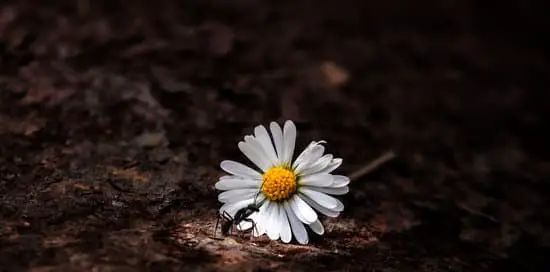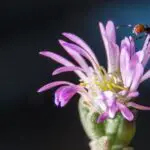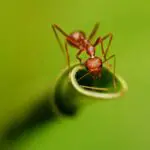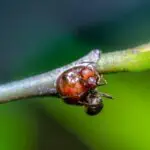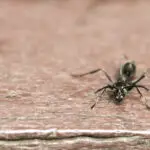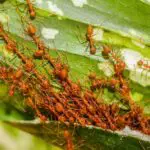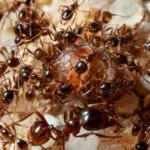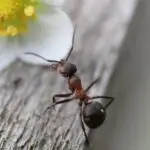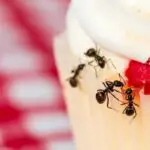Can Ants Be Pollinators?
Despite the fact that ants are widely considered to be floral nectar thieves, ants actually are pollinators. In some cases, they are the primary pollinators, but in others they are more important vectors. They can be very efficient pollinators in a low-bee activity environment. They also perform cross-pollination in monoecious flowers.
They do this by transferring pollen grains to the female stigma. The process of pollination is referred to as myrmecophily. In this process, the pollen is carried by the male anther of the flower to the female stigma.
Several studies have been conducted to investigate the role of ants in pollination. Some studies have been done to test the viability of pollen, while others have been done to study ant body secretions.
In an experiment by Schurch, Pfunder and Roy (2000), ants were compared to other pollinators in their ability to visit flowers. A fluorescent microscope was used for pollen counting. During the experiment, four to five slides were prepared at a time. The slides were taken to the laboratory for testing of the pollen number.
Another study conducted by Gomez and Zamora investigated the pollination of plants in Mediterranean high mountain habitats. They found that the proportion of flowers visited by ants was higher in plants with monoecious flowers than in those with single flowers.
Two ant species were found to forage on flowers of the orchid E. seguieriana. When ants had access to the flowers, the flowers set fruit. However, when ants had access to the flowers, but other visitors did not, the flowers ceased to set fruit.
